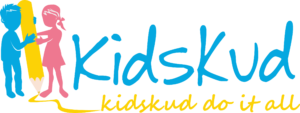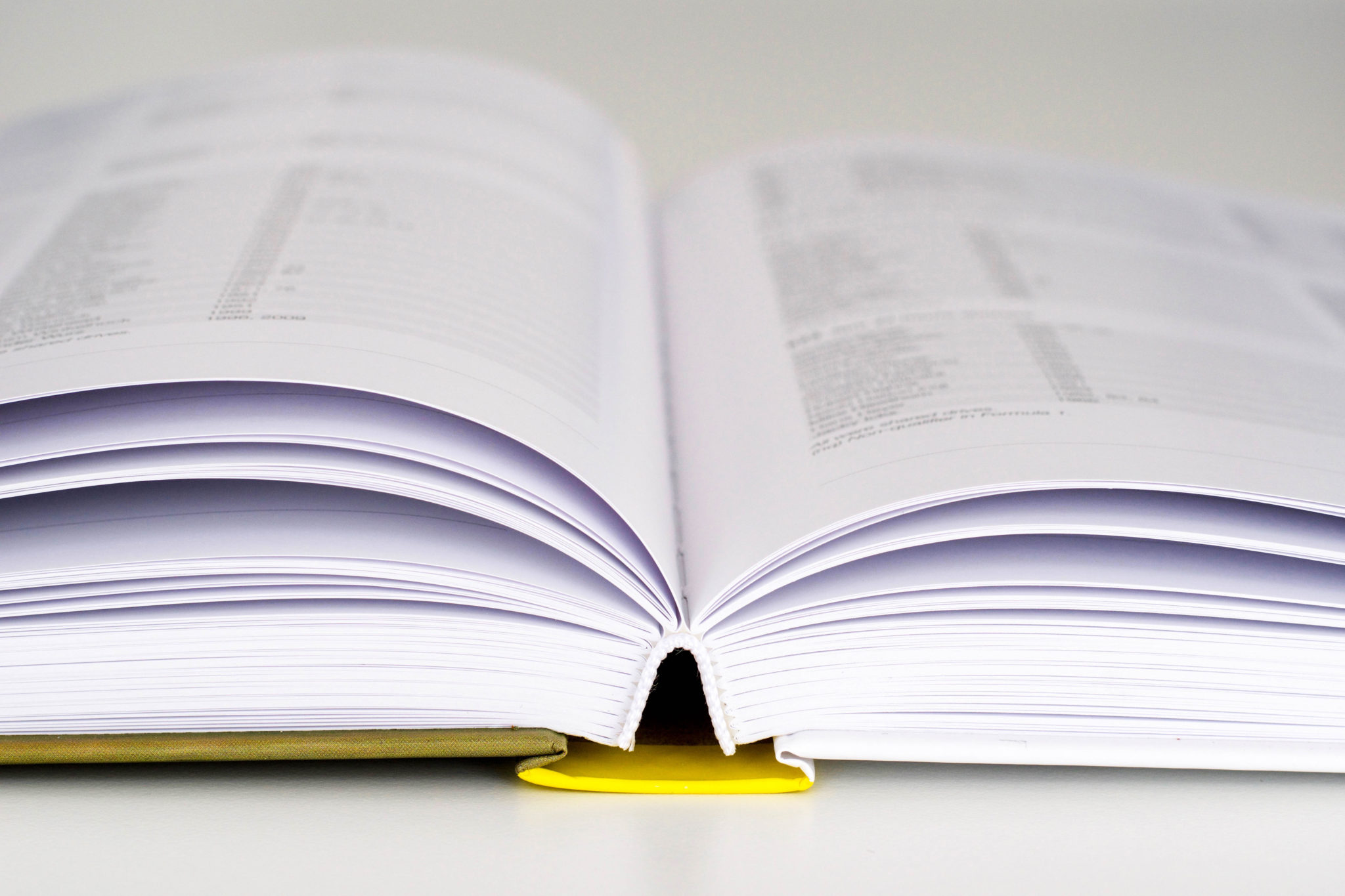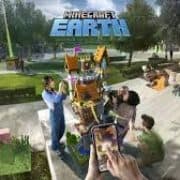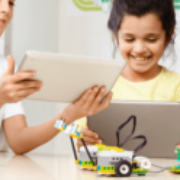How To Study Effectively
I’ve tried a countless number of study techniques but very few of them actually worked for me. That’s because some of them were too long, too repetitive, and some were just down-right annoying. This is because not every study habit suits everyone. Everyone learns at a different pace. There are also different types of learners.
An auditory learner won’t do very well with visual techniques, just like a kinesthetic or tactile learner won’t learn very effectively using read-write methods. The first step to finding a study skill that works for you is to learn about different learners and which category you fall into.
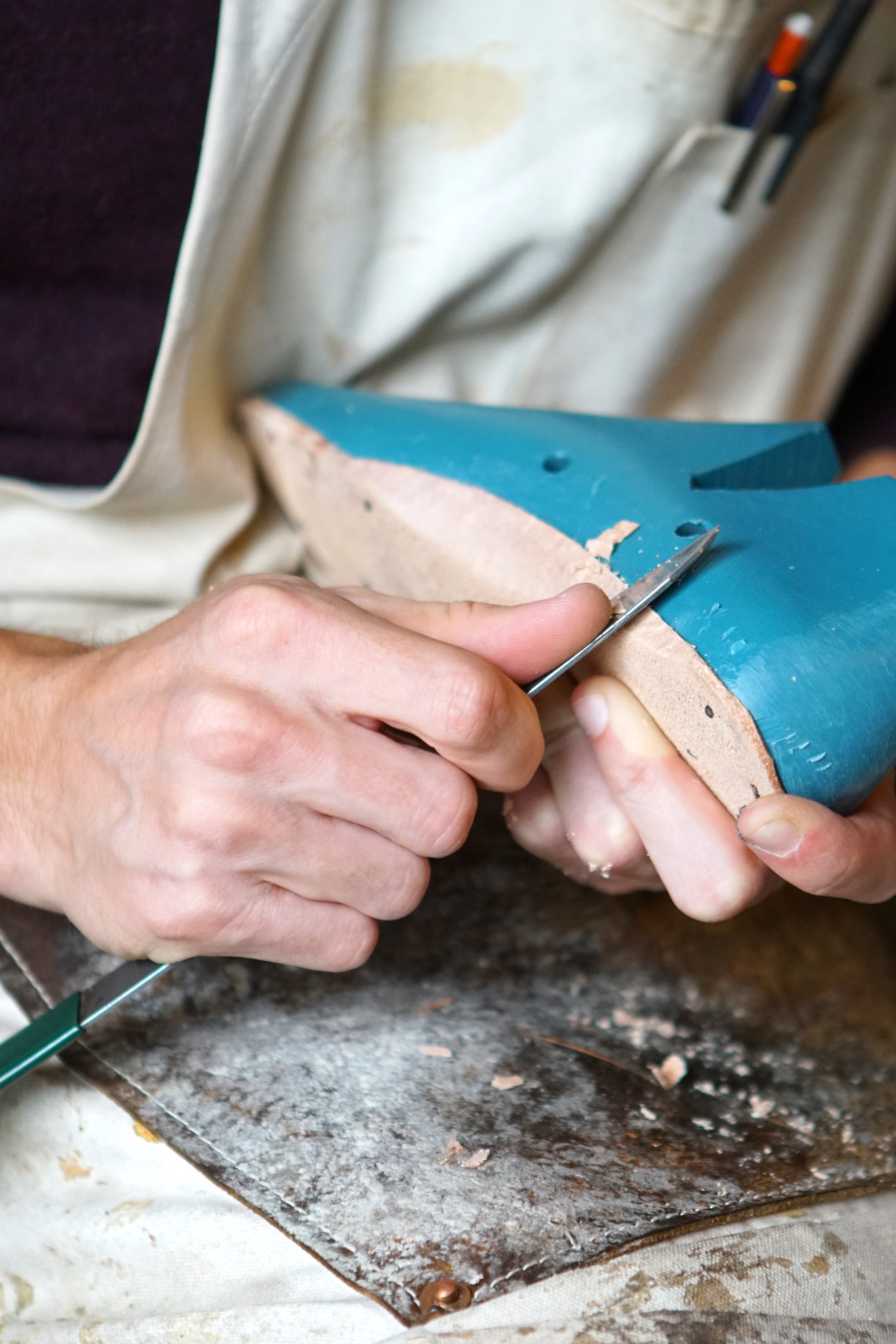 Kinesthetic
Kinesthetic
Lets start with kinesthetic learners. If you are kinesthetic that means that you learn through touch and experience. Kinesthetic learns usually have great “physical” memory or muscle memory. If you are kinesthetic you need to get up and get moving to study effectively. Sitting at a desk for hours reading out of a textbook probably won’t do you any good.
Maybe taking a stretch break every 10 – 15 minutes while you’re studying will be very beneficial to you. You could even make up a skit or play to help you remember vocabulary. Getting up and actually playing the part of a character in a book will actually help you remember and understand the context better. In science class if your science teacher tells you about a really cool and easy experiment you could do at home, doing it will help you remember what you learned.
Personalizing study skills to work better for you is also great. If you’re a dancer you can make up a dance that symbolizes what you are studying. For soccer players you can say the math equations out loud while you are dribbling a soccer ball. Sometimes writing down notes for yourself instead of using that given ones will help you retain the knowledge better.
Tactile
Tactile learners are very similar to kinesthetic learners but instead of getting up to move they will work more efficiently with hands on activities. They express their learning best with projects they make such as mini-books, games, dioramas, model making, building blocks, and other art projects.
 Just like kinesthetic learners tactile learners will also benefit from writing down their own notes. Writing would be better strategy than typing since you can really feel out each word that way. Making a beat with your hands and feet and making a song out of your notes will be pretty good study technique to try out.
Just like kinesthetic learners tactile learners will also benefit from writing down their own notes. Writing would be better strategy than typing since you can really feel out each word that way. Making a beat with your hands and feet and making a song out of your notes will be pretty good study technique to try out.
Flashcards are a very popular method of studying that will be especially good for tactile learners. Transferring some of your more difficult notes to flashcards and practicing like that is another strategy. Making hand puppets and acting out a science or reciting your notes through your hands will help you remember what you learned because it would satisfy your learning type and it would be pretty funny.
Visual
Visual learners are learners who learn best from visual demonstrations, hence the name. Unlike kinesthetic and tactile methods watching someone else doing something will be better for you than to do it yourself. Finding videos and pictures related to your topic is a great way to study.
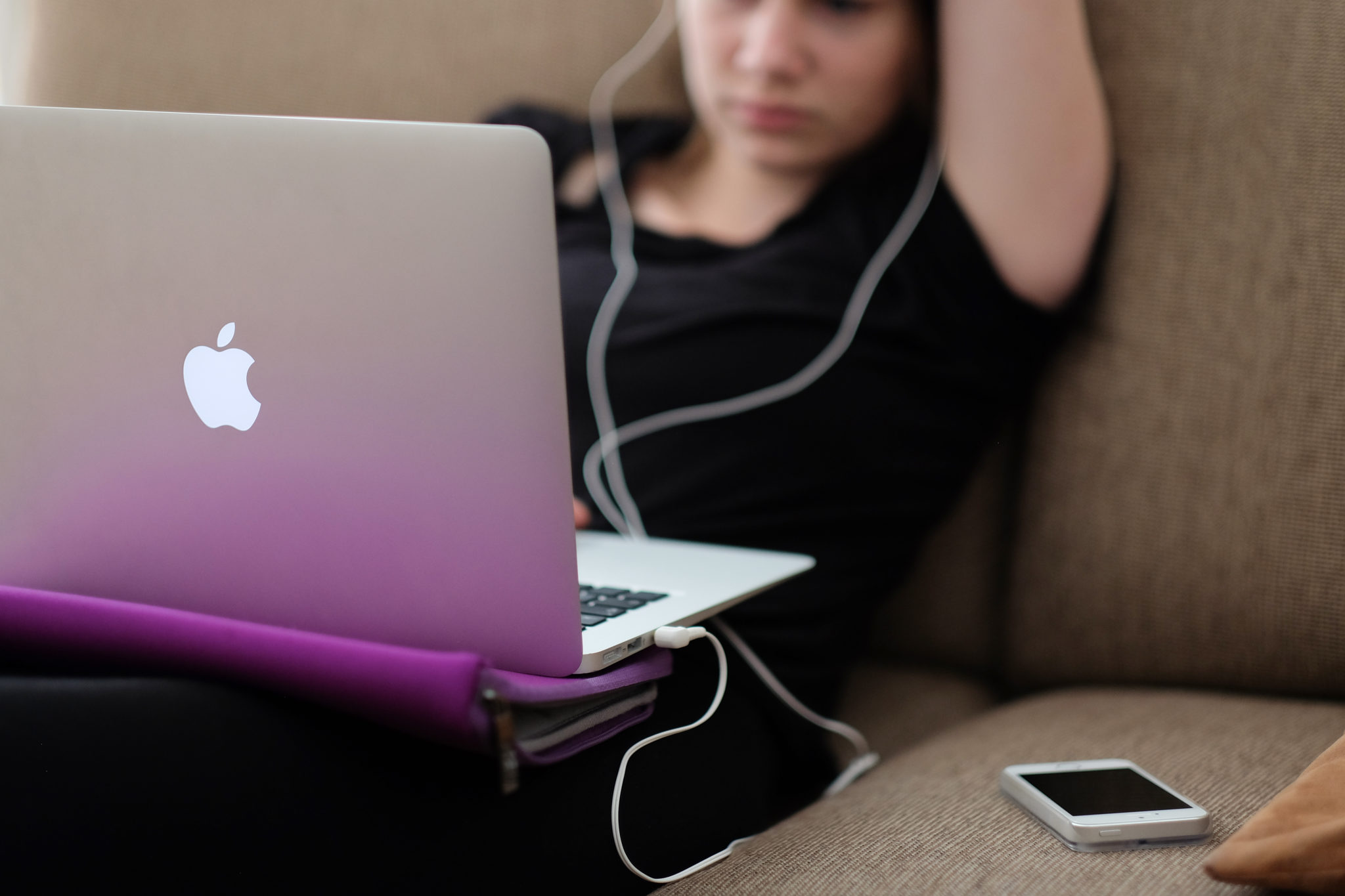 For visual learners, reading through plain text won’t really make much of a difference. Instead you should make sure to highlight using a lot of bright colors. Color coding your notes will not only help you study better but they will keep you more organized. Quizlet is a great resource for vocabulary practice .
For visual learners, reading through plain text won’t really make much of a difference. Instead you should make sure to highlight using a lot of bright colors. Color coding your notes will not only help you study better but they will keep you more organized. Quizlet is a great resource for vocabulary practice .
Auditory
Auditory learner are people who learn more effectively through noise, sound, and music. If you make an auditory learner stare at a picture for and hour and expect them to have grasped something from that, you’re wrong. In this case saying things aloud for them won’t go in one ear and go out the other, they will remember much better this way.
Audio books are a must have for all auditory learners. That way you can hear someone else reading the book. Auditory learners can usually learn the lyrics to songs and grasp the rhythm pretty quickly. YouTube will quickly become your best friend. It has a countless number of educational songs such as the periodic table song. What better way is there for auditory learners to memorize that many elements?
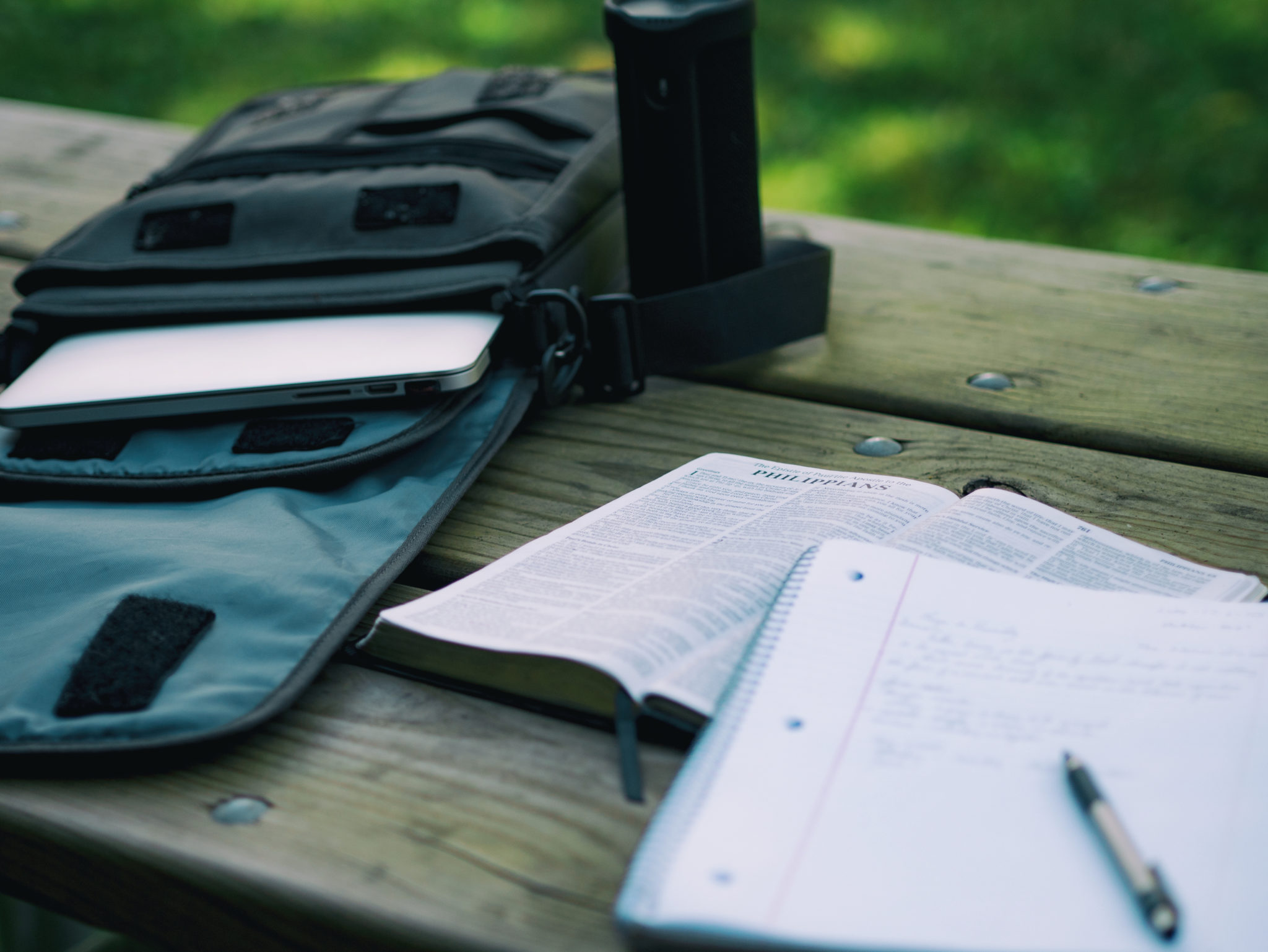 Listening to music while you are studying will definitely keep you more focused on what you are trying to learn. Making your own songs and beats might also help you retain what you learned. Reading your notes out loud or listening talks or lectures on your topic would also help you a lot.
Listening to music while you are studying will definitely keep you more focused on what you are trying to learn. Making your own songs and beats might also help you retain what you learned. Reading your notes out loud or listening talks or lectures on your topic would also help you a lot.
What Type of Learner Are You?
Finding out what type of learner you are might take a bit of time and chances are that you are more than one type of learner. For example I’m mostly auditory but I’m also a visual and a bit of a tactile learner. This online quiz might give you an idea about what type of learner you are. But the most important thing to remember is o always have an open mindset and a positive attitude, believe that you can ace every test that gets thrown at you and you will.

